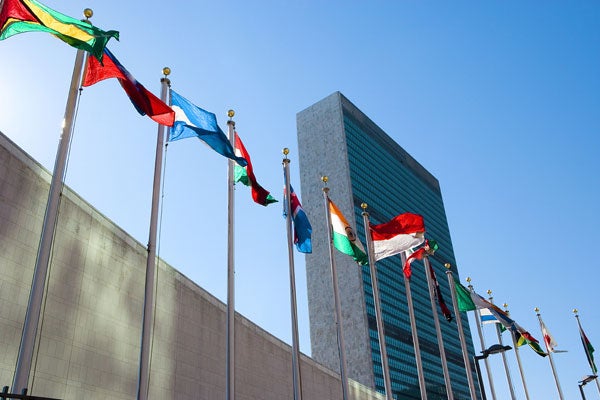Shouldn’t American foreign aid be aimed at nations that promote and support the initiatives and priorities of the United States in the United Nations?
This is the focus of The Heritage Foundation’s recent Issue Brief titled “U.N. General Assembly: Foreign Aid Recipients Vote Against the U.S.” As authors Brett Schaefer and Anthony Kim detail, over the past 10 years, a majority of nations that receive U.S. foreign aid have habitually opposed U.S. diplomatic measures by voting against the United States’ stance in the U.N. General Assembly (UNGA). Yet they continue to receive development assistance as if their opposition never happened.
Having the expectation that every country will agree with America’s global policy positions and vote accordingly is impractical, as every country has differing expectations, principles, and global desires. Nonetheless, the U.S. could champion its positions more effectively in the UNGA by connecting them to foreign aid.
Congress should require the State Department to review the U.N. voting records of a nation when dispersing development assistance. Congress should also require the State Department to reinstate data on foreign aid in State’s annually mandated report by Congress, Voting Practices in the United Nations. This information used to be published in the report until the Obama Administration ended that practice.
The UNGA is an important tool for America to promote and protect its own interests and those of its friends and allies. In order to better support, guard, and advance America’s priorities, we should ensure that we get more effective bang for our foreign aid buck in the UNGA.
Ashlee Smith is currently a member of the Young Leaders Program at The Heritage Foundation. For more information on interning at Heritage, please click here.































